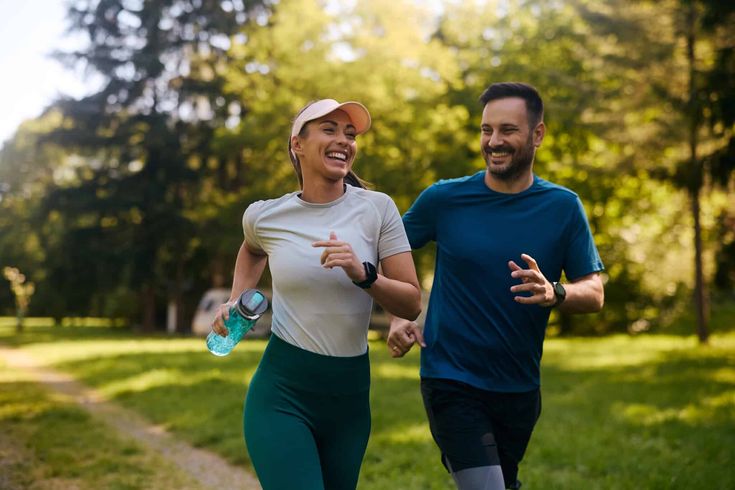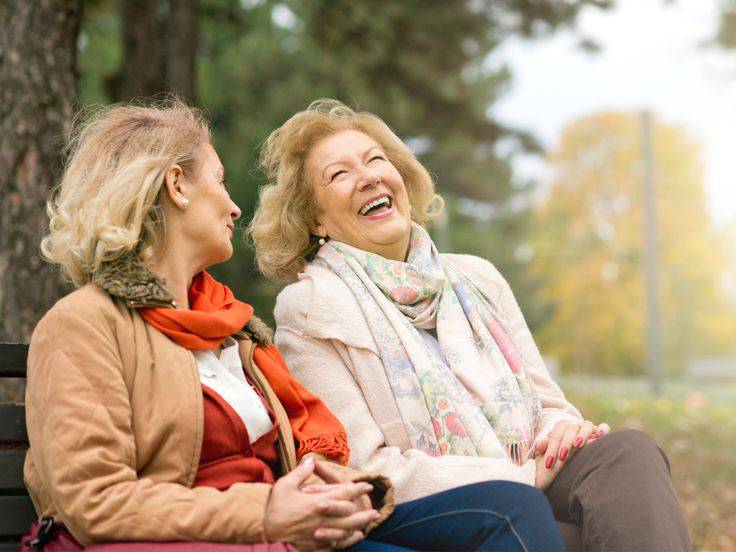
Environmental Factors And Aging, A man in his 90s was mountain walking in Switzerland some years ago. Rising with astonishing speed and ease, he moved as if half his age. Laughing at the question about his secret, he responded, “I breathe clean air, eat simple food, and stay curious.” What we discussed stayed with me. Every day activities including air, food, and energy might expose our age.
Aging cannot be caused just by genes. Our aging speed or slowness is much influenced by the surroundings. Start to consider where you live if you wish to keep active in ways other than eating and exercise and live longer. These six scientifically validated strategies will enable your surroundings to work for you, therefore promoting a healthy and mild aging process.
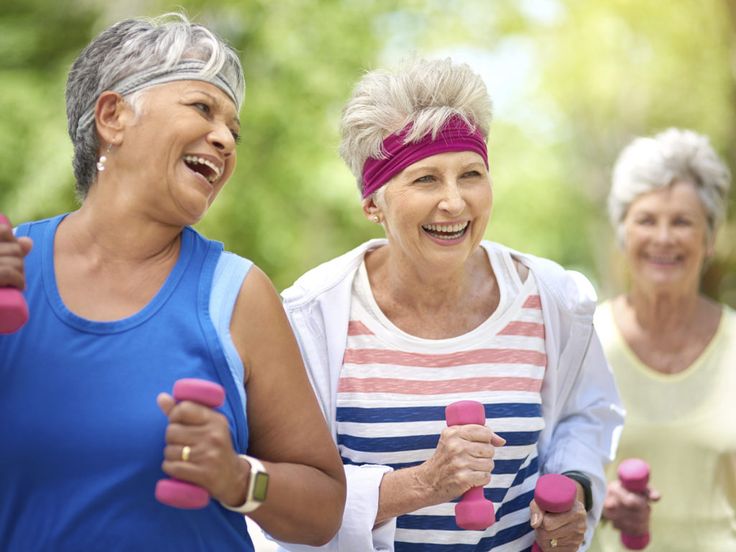
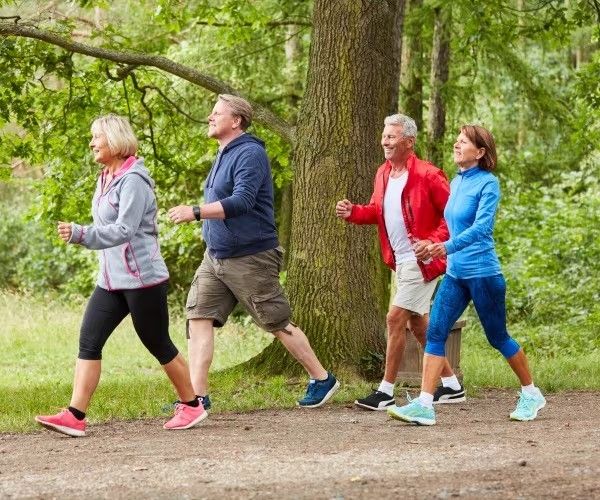
Environmental Factors And Aging, Even more detrimental to aging than smoking is loneliness. Those from supportive environments often live longer.
What Are You Capable Of?
While those in sunny climates naturally move more, those in colder climates often are less active in winter. Your way of living should fit the surroundings.
Your Action
Your body’s internal clock, known as the circadian cycle, controls all of these processes. Disturbing it (hello, late-night Netflix binges) speeds up the aging process.
What You Are Not Sure About?
Delaying cognitive decline and keeping your brain sharp is what lifelong learning does. Those who push themselves psychologically often live younger for longer.
What You Are Not Sure About?
Read Regularly: Fiction, nonfiction, and even short pieces keep your brain active.
Develop a New Skill: Try a hobby, musical instrument, or new language.
Play brain games such as memory tests, chess, and crossword puzzles to preserve your cognitive ability.
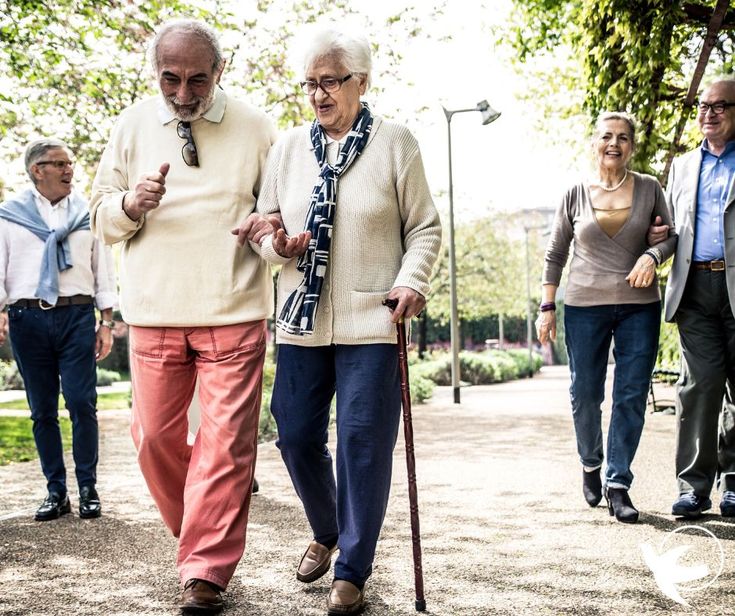
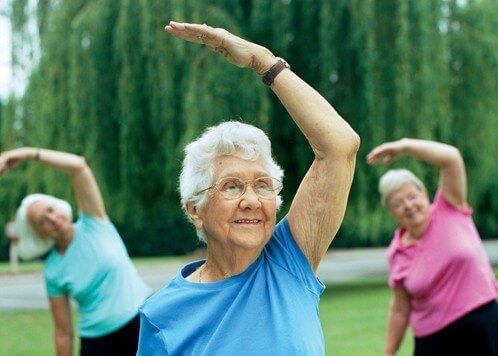
Long-term stress accelerates cell aging and raises the body’s inflammation.
Your Options
Exercise awareness: Deep breathing and meditation help reduce stress.
Discover a healthy outlet here: Stress can be controlled by exercise, writing, or friendly conversation.
Laugh More: Laughing lowers stress hormones and increases immune system response.
Your skin and general health can suffer in dry, polluted, or freezing areas.
What You Are Able To?
Stay hydrated: Your body uses water to eliminate toxins and maintain elasticity of skin. Drink at least two liters per day, more if you live in a dry environment.
Look after your skin: Daily wearing SPF, even in winter, helps to stop UV ray-induced early aging.
Are you living in a dry environment? Use a humidifier to keep skin from drying out.
Those living in Blue Zones, regions where people live remarkably long lives, eat seasonal, fresh, local foods. Your eating should fit your surroundings.
What are you capable of?
Eat Seasonally and Locally: Seasonal foods are more nutrient-dense.
Limit processed foods: Highly processed diets speed aging and aggravate inflammation.
Get enough omega-3s: Eat more fatty fish like salmon or walnuts to support brain function if your climate is cold.
Faster aging results from chemicals in food and water as well as from pollution and heavy metals.
What Are You Capable Of?
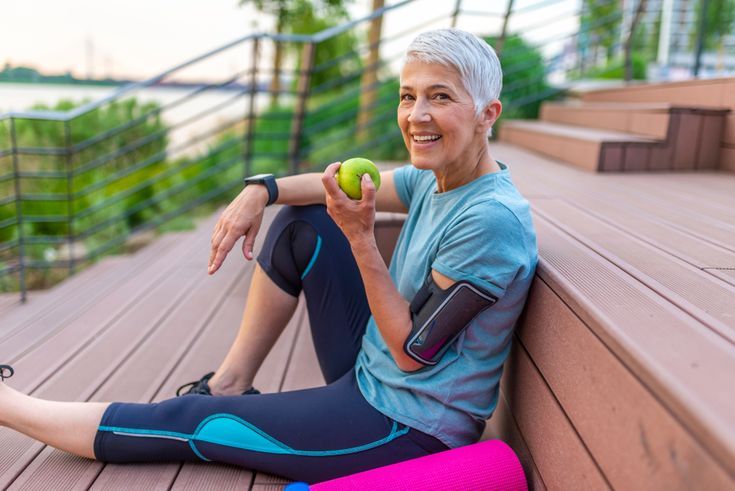
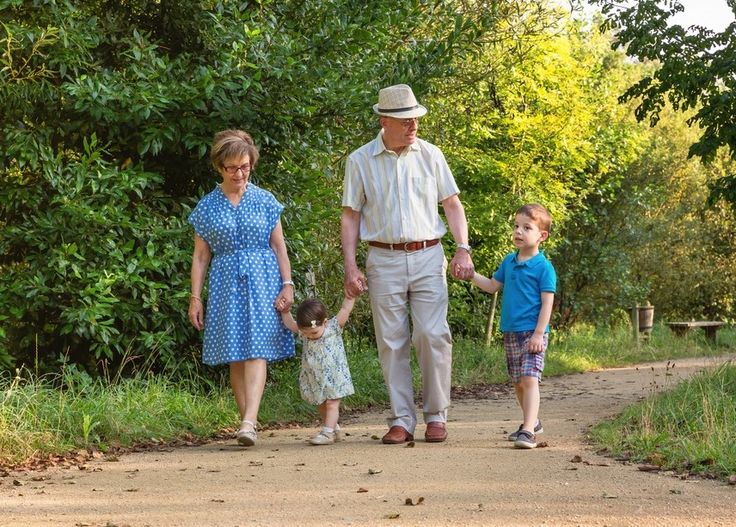
Environmental Factors And Aging, Frequent cold exposure can increase circulation, metabolism, and longevity genes’ activation.
What You Are Able To?
Aging well is about making little, sustainable improvements in your surroundings and behaviors, not about radical changes.
Get outside, eat fresh, walk every day, breathe better, and strengthen your social ties. Little deeds done now can add colorful years to your life.
What is one small change you could implement immediately? You could consider opening your window to let in some fresh air, taking a short walk, or reaching out to an old friend. Your future self will thank you!
